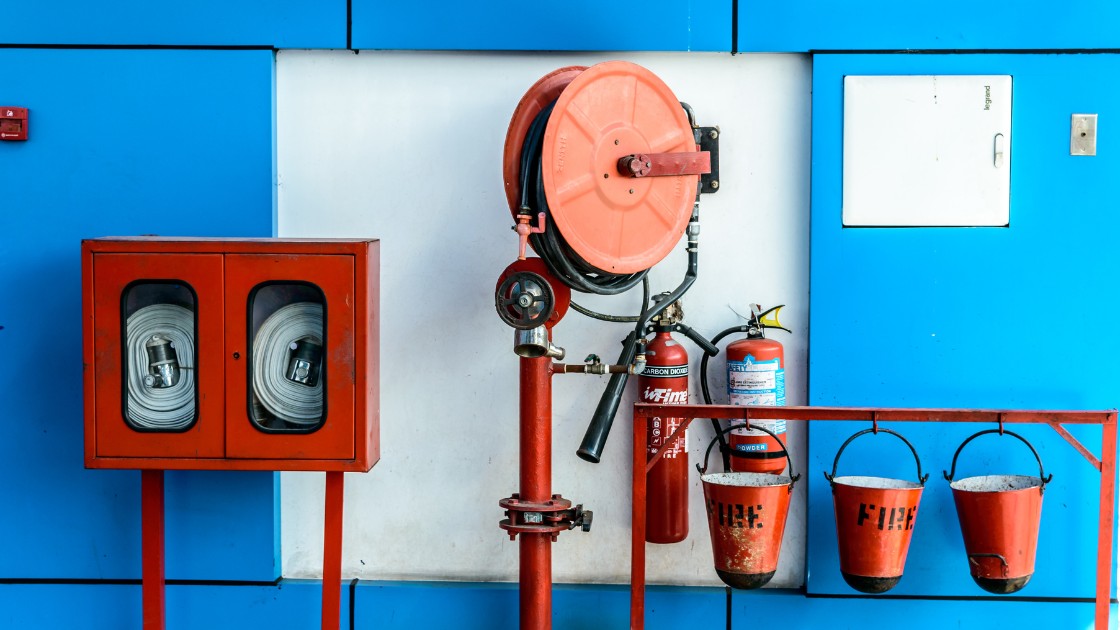
Fire safety is one of the most important aspects of protecting lives and property in any environment. Whether it’s a home, office, shop, warehouse, or apartment building, the presence of a reliable fire alarm system can mean the difference between minor damage and a devastating loss. fire alarms are essential tools designed to detect smoke, heat, or flames early, giving people valuable time to evacuate and allowing emergency services to respond quickly.
Why Fire Alarms Are a Critical Safety Feature
Fires can start unexpectedly and spread rapidly. In many cases, occupants may not even realise a fire has begun until it’s too late. Fire alarms provide an early warning that allows people to take immediate action. This not only helps save lives but can also reduce the extent of property damage by speeding up emergency response times.
In both residential and commercial settings, a properly installed and maintained fire alarm system acts as a first line of defence. It alerts everyone in the building as soon as smoke or excessive heat is detected, even before flames become visible.
Types of Fire Alarm Systems
There are several types of fire alarm systems available, each suited to different building types and safety requirements:
- Conventional systems: Often used in smaller properties, these alarms are connected to specific zones. When an alarm goes off, the system identifies the general area affected.
- Addressable systems: Ideal for larger or more complex buildings, these systems allow each detector to be assigned a unique address. This helps pinpoint the exact location of the fire.
- Wireless systems: These are easy to install and ideal for buildings where wiring is difficult. They offer flexibility and are commonly used in heritage or temporary buildings.
- Smart alarms: These systems can connect to mobile devices and building automation systems, allowing remote monitoring and real-time alerts.
Choosing the right system depends on the size, layout, and use of the building, as well as local safety regulations.
Fire Alarms in Commercial Spaces
In commercial environments, fire alarms are not just recommended—they are often legally required. Offices, factories, retail stores, restaurants, and other business premises must follow strict fire safety codes to protect staff and customers.
A comprehensive fire alarm system in a commercial space typically includes smoke detectors, heat detectors, manual call points (break glass units), sounders, and flashing beacons. In larger buildings, alarms may also be linked to sprinkler systems and fire doors.
Having a well-designed and regularly maintained fire alarm system is also vital for business continuity. Fires can lead to expensive downtime and even permanent closure if not managed properly. An effective alarm system reduces these risks significantly.
Fire Alarms in Residential Properties
Fire safety is just as important in residential spaces. Smoke from a fire can become deadly in minutes, especially at night when people are sleeping. A fire alarm that sounds early can give families precious time to escape.
Homes, flats, and apartment blocks benefit from interconnected alarms that alert everyone at once. In multi-storey homes, alarms should be installed on each floor, ideally near bedrooms and kitchens.
For vulnerable individuals, such as elderly residents or people with hearing impairments, additional safety features like vibrating pads or visual alarms can be used to enhance awareness during an emergency.
Maintenance and Testing for Long-Term Safety
A fire alarm system is only effective if it works when needed. Regular testing and maintenance are essential. Batteries should be checked and replaced when necessary, detectors should be cleaned, and systems should be professionally inspected at least once a year.
For commercial properties, regular fire drills and system tests are often required by law. Residential property owners should also follow a consistent maintenance schedule.
Conclusion
Fire alarms are a vital part of any safety strategy in both commercial and residential spaces. They provide early warning in the event of fire, helping to protect lives, prevent injury, and reduce damage to property. With the right system in place and regular maintenance, fire alarms offer peace of mind and a higher level of safety for everyone inside the building.





